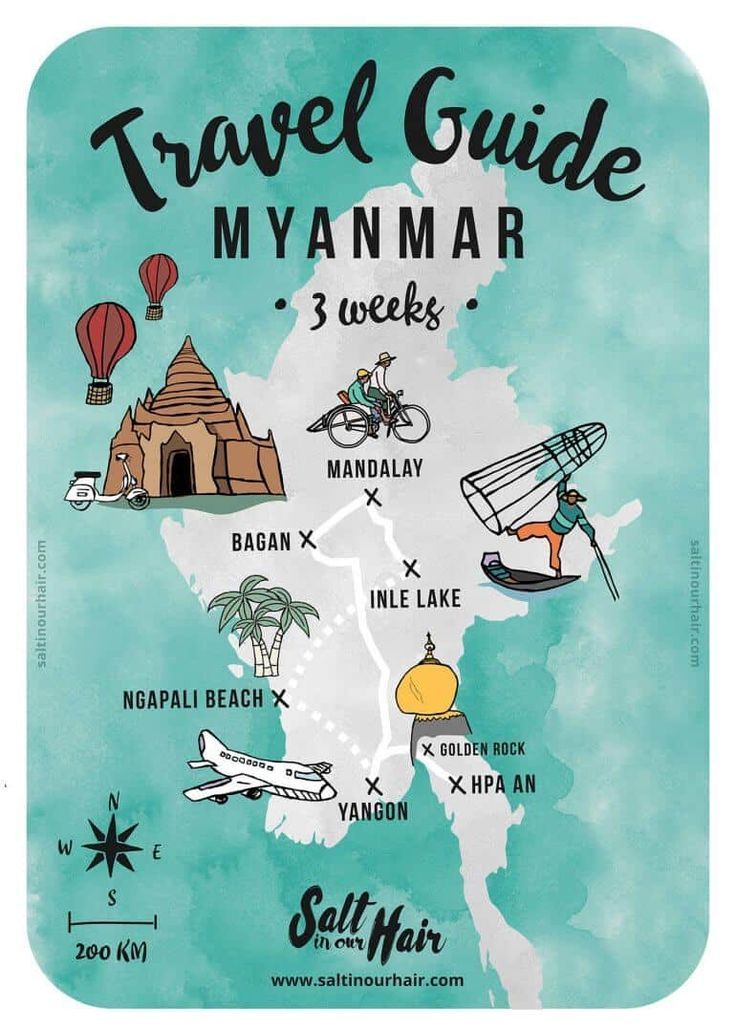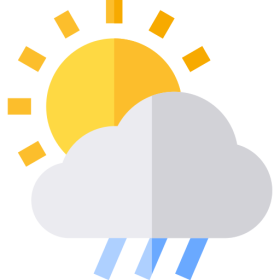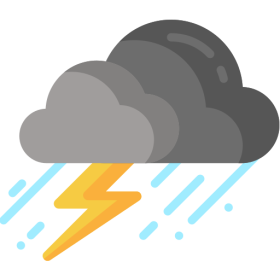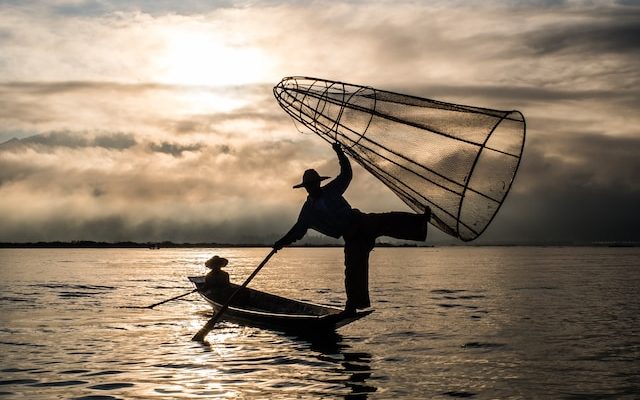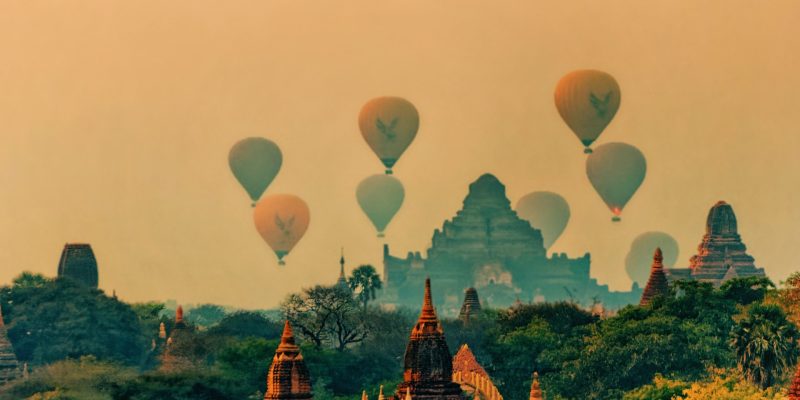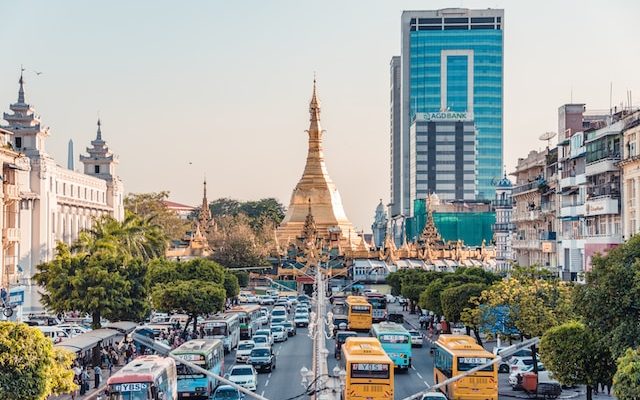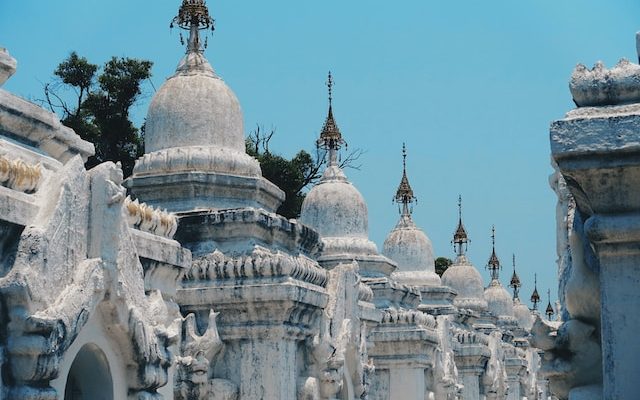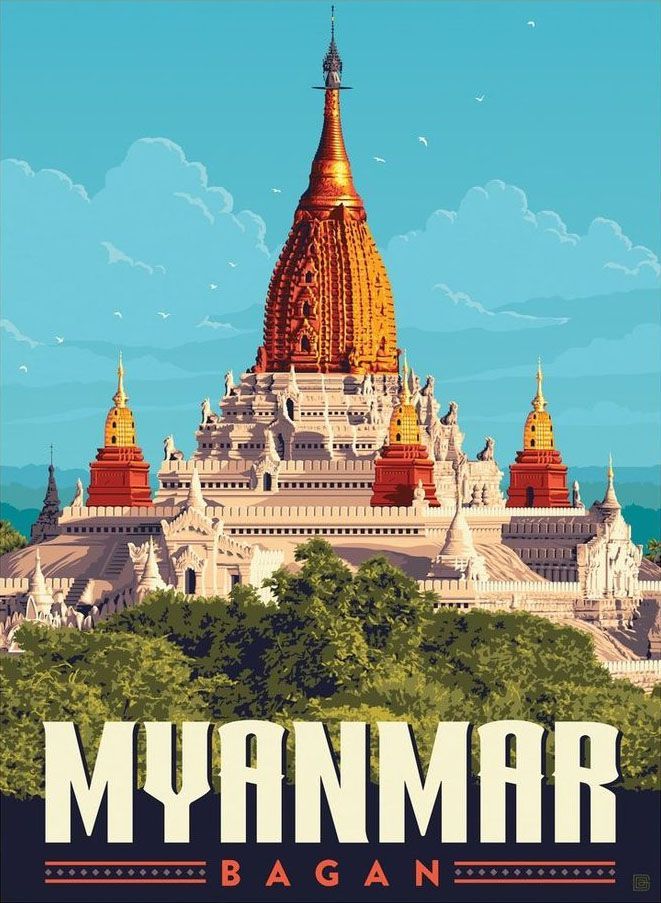When traveling to Myanmar, it’s essential for tourists to keep health and safety in mind to ensure a pleasant and safe journey. Here are some important tips to consider:
– Vaccinations: Before traveling to Myanmar, check with your healthcare provider to ensure that your routine vaccinations are up-to-date. Additionally, consider vaccinations for diseases such as hepatitis A, typhoid, and Japanese encephalitis, as they may be recommended based on your travel plans and medical history.
– Food and Water: Be cautious about consuming food and beverages from street vendors. Stick to bottled water and avoid ice in drinks to prevent waterborne illnesses. Opt for freshly cooked and hot foods to reduce the risk of foodborne illnesses.
– Insect Protection: Myanmar is a country where mosquito-borne diseases like malaria and dengue fever are prevalent. Use insect repellent containing DEET, wear long-sleeved clothing, and sleep under mosquito nets, especially in rural and forested areas.
– Sun Protection: Myanmar’s tropical climate can be harsh, so don’t forget to apply sunscreen, wear hats, and use sunglasses to protect yourself from the intense sun rays.
– Hygiene: Maintain good personal hygiene by washing your hands regularly, especially before eating, to prevent the spread of infections.
– Local Laws and Customs: Familiarize yourself with Myanmar’s local laws and customs to avoid any misunderstandings or unintentional offenses. Respect cultural practices, particularly when visiting religious sites.
– Petty Theft: Exercise caution with your belongings, especially in crowded places and tourist areas. Keep your valuables secured and be mindful of pickpockets.
– Health Insurance: Ensure you have comprehensive travel health insurance that covers medical emergencies and evacuation in case of serious illness or injury.
– Respect Local Traditions: Dress modestly, especially when visiting temples and religious sites. Remove shoes before entering pagodas and monasteries, and avoid inappropriate behavior that may offend local customs.
– Travel Advisory: Before your trip, check with your country’s embassy or government travel advisories for the latest safety information and potential risks in Myanmar.
By following these health and safety guidelines, travelers can have a memorable and worry-free experience exploring the beauty and cultural richness of Myanmar.


